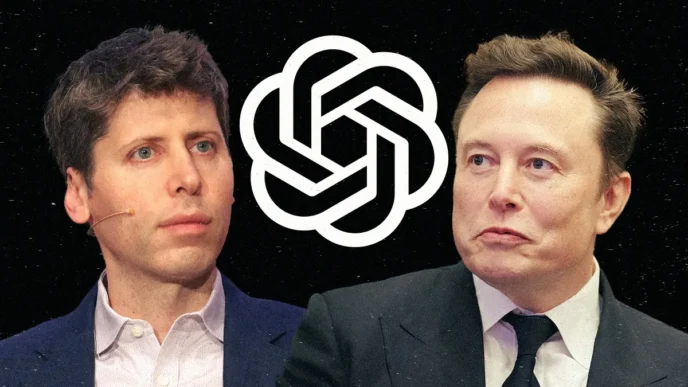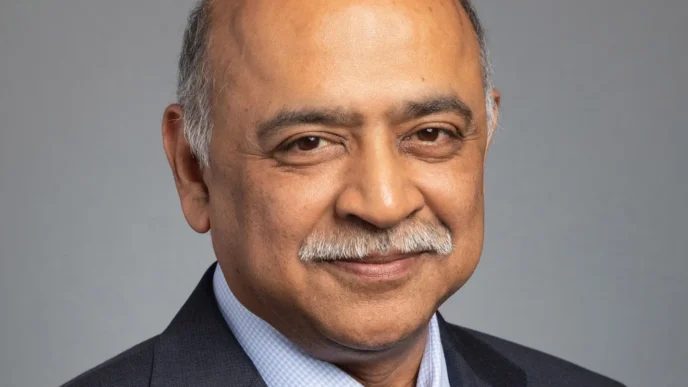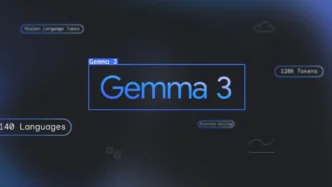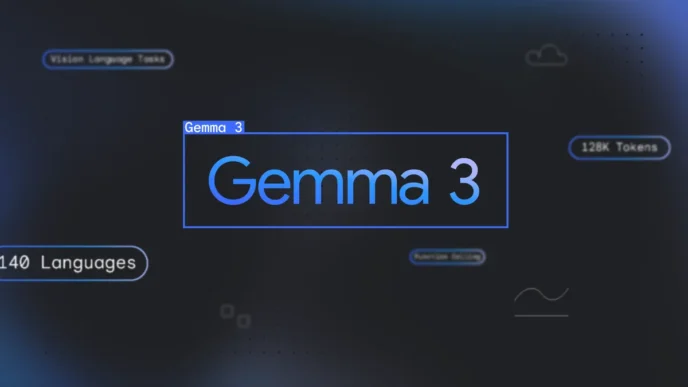Swedish fintech giant Klarna is diving headfirst into the AI era—and it’s leaving a big chunk of its workforce behind. Klarna CEO Sebastian Siemiatkowski confirmed this week that the company has reduced its global team by about 40%, driven by rapid AI adoption and a strategy of natural attrition.
In real numbers, Klarna has gone from roughly 5,500 employees to just over 3,400. And one standout figure says it all: 700 customer service jobs have now been fully replaced by AI. That’s not just automation—it’s a workforce revolution.
The company started scaling back in 2023, pausing hiring efforts while waiting for attrition to thin its ranks. According to Siemiatkowski, Klarna’s annual turnover naturally sheds 15–20% of employees. The fintech leaned into that, quietly letting its team shrink over time. However, some inconsistencies emerged—despite the hiring freeze, job listings continued to appear, and a few open roles remain online today, mainly in European offices.
Klarna has been notably open about its aggressive AI transformation. The company’s partnership with OpenAI bore visible results in 2024, when it rolled out an AI-powered customer service assistant. That tool now handles what used to be the workload of 700 human agents. Klarna even used an AI clone of its CEO to present its Q3 earnings—a bold visual metaphor for how deeply AI is now embedded in the company’s DNA.
But not all AI experiments have gone smoothly. Klarna is now considering a hybrid return to human-led customer service, potentially using an on-demand model similar to Uber. Siemiatkowski recently admitted the all-AI approach had led to a noticeable dip in service quality. While AI has boosted productivity, it hasn’t completely replaced the human touch.
Klarna’s move reflects a broader trend in tech. Shopify’s CEO Tobi Lütke recently backed a leaked memo stating, “Hire an AI before you hire a human.” Across the industry, more companies are openly exploring how AI can reshape their operations—and headcounts.
Still, Klarna stands out for being blunt about the trade-offs. Unlike most tech firms, which quietly adopt AI behind the scenes, Klarna is showing the world what a large-scale AI workforce shift really looks like.
The company’s bold strategy comes at a pivotal time. Klarna’s IPO plans, which gained momentum earlier this year, are now on pause. The delay followed market unrest triggered by former President Trump’s new tariff announcements in April. Other big names like StubHub and eToro have also pressed pause. With IPOs starting to rebound—eToro has launched, and Chime and Hinge Health are preparing—Klarna could resume its public debut soon.
For now, Klarna is sticking with fewer humans and more machines. And the message is clear: in the future of fintech, AI isn’t just a tool—it’s the workforce.













